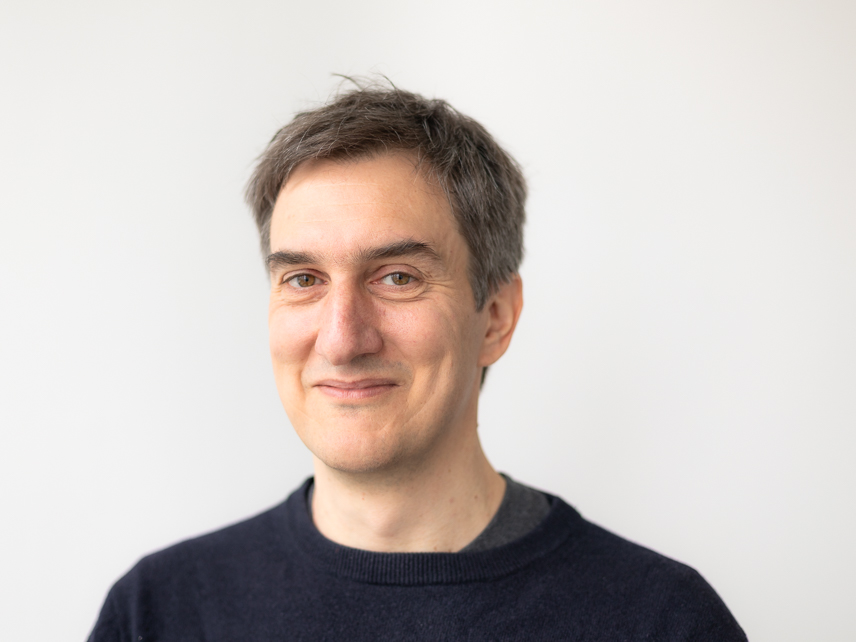The career path of Peter Gehler, our new professor for Machine Learning Engineering and Technology Transfer, is truly inspiring. After studying in Bielefeld, during an internship in Canada, his colleagues told him: “If you want to do machine learning in Germany, you have to go to Tübingen!” He followed that advice, starting at the Max Planck Institute for Biological Cybernetics in 2005, completing his PhD in 2009. From there, his academic journey took him to ETH Zurich, TU Darmstadt, the Max Planck Institute for Informatics in Saarbrücken, the Max Planck Institute for Intelligent Systems, and the Bernstein Center for Computational Neuroscience at the University of Tübingen. He also served as a Professor for Digital Media Processing at the University of Würzburg.
In 2017, Peter transitioned to industry, joining Amazon as a Senior Applied Scientist and co-founding the Amazon Research Center in Tübingen. In 2023, he took on a new challenge as a Senior Principal Applied Scientist at Zalando in Berlin, working on generative AI for fashion and developing recommendation systems for clothing sizes.

Bridging the gap between research and application
Leveraging his vast experience in both academia and industry, Peter is now joining the AI Center as Professor of ML Engineering and Tech Transfer to strengthen the connection between excellent AI research and its real-world applications. Through his work, he embodies the AI Center’s vision to advance “Machine learning in the world”.
“As a researcher, you are free to choose your problem, you can pivot rather easily”, he says. “But in industry, you don’t have that option. You cannot walk away from the challenge – you have to solve it. That’s why I want to equip students and researchers with methods that can be applied both in academia and industry, across a wide range of problems. And this must be solution-independent: whether it’s causality, computer vision, or language models, I need to stay open to all possible solutions.”
Creating an environment for problem-solvers
Peter is excited about the opportunity to bring real-world challenges into academic settings, encouraging students and researchers to work on practical applications. “After seven years in industry, I’m excited to be back in academia with a fresh perspective. I want to create an environment where problem-solvers and problems come together,” he explains. His focus is on making technology transfer work, ensuring AI solutions reach beyond the lab. He is particularly interested in enabling collaboration between academia, startups, established industries, and public institutions.
Outside of work, Peter enjoys life with his family - whether it’s supporting his children in music and sports or tending to their small orchard in the Swabian countryside.